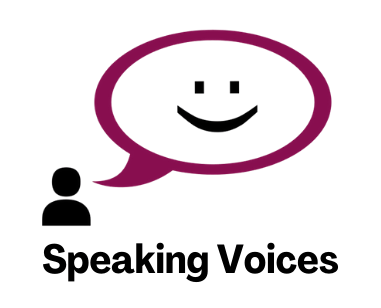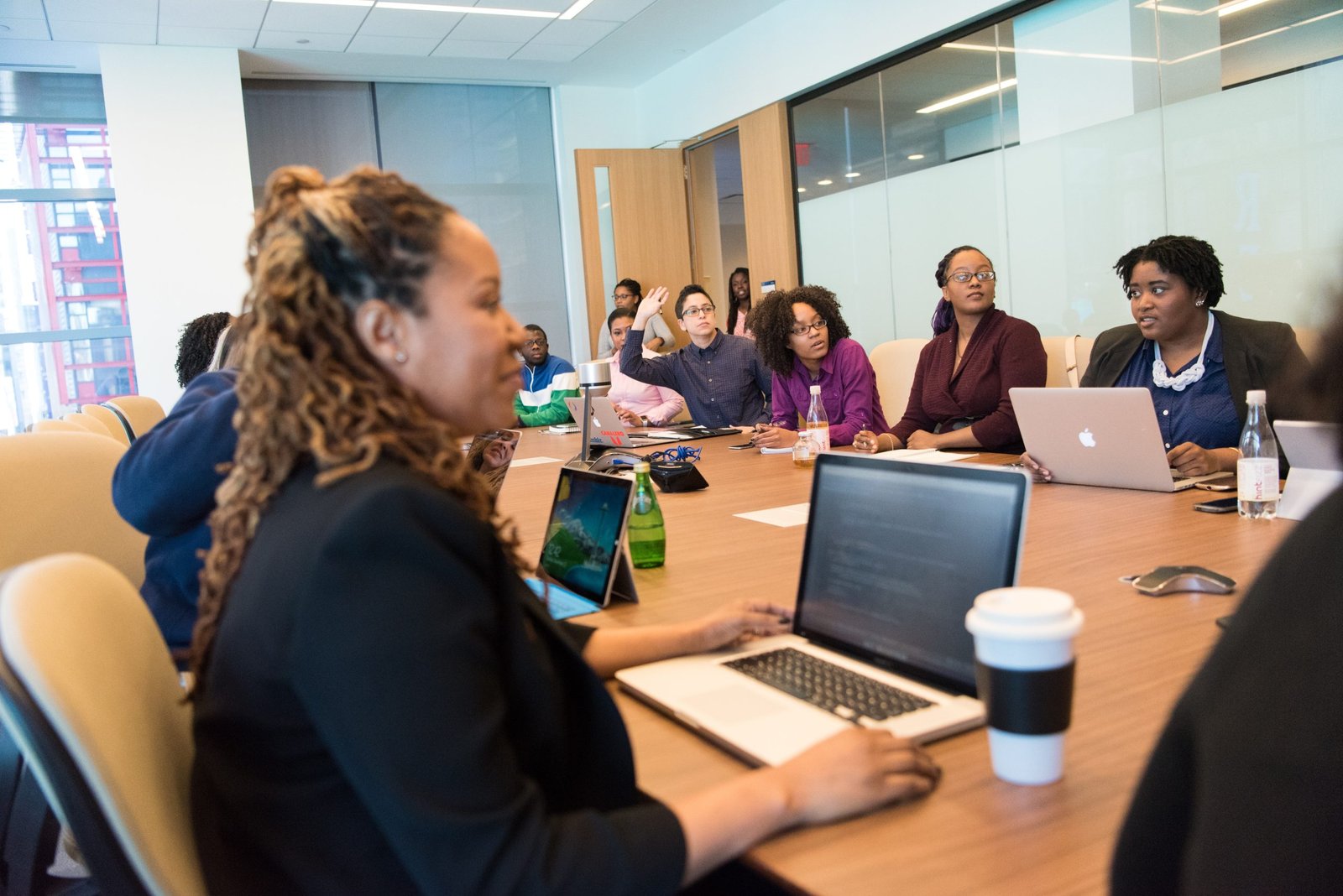Understanding The Importance Of Sharing Opinions
Sharing your thoughts during meetings can result in numerous benefits. Studies indicate that having open discussions boosts innovation and problem-solving by integrating different viewpoints, thereby improving decision-making. When colleagues voice their opinions, it creates a culture of inclusivity and mutual respect, motivating others to participate too. Furthermore, when you share your thoughts, you showcase your involvement and dedication to the group’s goals, positioning yourself as a respected team member. This can assist in personal growth and improve prospects for career progression.
Meetings To Discuss, Share and Collaborate
When it comes to those big meetings where they ask for your opinion on a certain project or a discussion regarding feedback, making a valuable contribution in meetings, thorough preparation is essential. Below are the crucial steps to effectively prepare for sharing your opinions:
1. Understand the Agenda: Familiarise yourself with the meeting’s topics beforehand. Knowing the agenda allows you to gather your thoughts on relevant issues and formulate your opinions based on informed data.
2. Research and Gather Evidence: Base your opinions on data and research whenever possible. Supporting your views with evidence not only enhances your credibility but also facilitates more productive discussions. Presenting facts can eliminate emotional bias.
3. Identify Key Points: Make clear, concise points. Aim for one or two main ideas you wish to convey. This clarity ensures that you communicate effectively, making it easier for others to understand and engage with your contributions.
Meetings For General Catch Up And Daily Agendas
Sometimes you don’t need to prepare for meetings, but it’s essential to apply effective communication strategies:
1. Choose The Moment: Context matters when expressing your opinions. Look for opportunities to speak, don’t wait for the right moment otherwise, the moment might disappear. Avoid interrupting others, as this can disrupt the flow of discussion but find that pause in between speakers.
2. Assertive Communication: Use assertive language to convey your opinions confidently. Avoid phrasing that appears uncertain or overly apologetic. Instead of saying, “I think maybe we could consider,” opt for “I recommend we consider.” This assertiveness promotes respect for your viewpoint.
3. Non-verbal Communication: Your body language significantly impacts how your message is received. Maintain eye contact, adopt an open posture, and use gestures to emphasise key points. Confidence in your non-verbal cues can enhance the weight of your words.
4. Encourage Open Dialogue: After expressing your opinion, invite feedback or further discussion. Phrases like, “What do you think about this approach?” encourages others to share their views and creates a collaborative atmosphere.
5. Stay Focused and Respectful: While it is important to express your opinions, keep your contributions concise and relevant to the current topic. Respect differing views; this promotes a culture where all opinions are valued and considered.
Handling Objections and Criticism
Not everyone will agree with your opinions, and that is a natural part of the discussion. This is what you can do:
1. Listen Actively: When faced with objections, practice active listening. Understand the concerns or viewpoints expressed by others before responding. This shows respect and openness to dialogue, and it may inform a more comprehensive perspective of the issue.
2. Stay Calm And Composed: Maintain a calm manner in the face of criticism. Avoid defensiveness; instead, seek to clarify misunderstandings or provide additional context to support your view.
3. Be Open To Adjustment: Recognise that opinions can evolve through discussion. It doesn’t mean the other person is wrong and you are right, it just opens up the potential possibilities of different perspectives.
4. Follow Up: If a conversation didn’t give you the results you hoped for, consider following up after the meeting. Additional conversations can provide opportunities for further clarification or for you to make a stand.
—————————————————
Expressing your opinions in meetings is essential for personal and professional development while contributing to a culture of open communication. No matter what type of meeting it is, always share what’s on your mind. Your thought might be the golden nugget that everyone is waiting to hear! For more communication tips and personalised services on enhancing your voice and communication skills, visit my website.
Thank you for reading this article, if you want to support me, consider leaving a tip to help me create more content like this. Every tip helps me enhance my blog and bring you more insights, tips, and stories!

